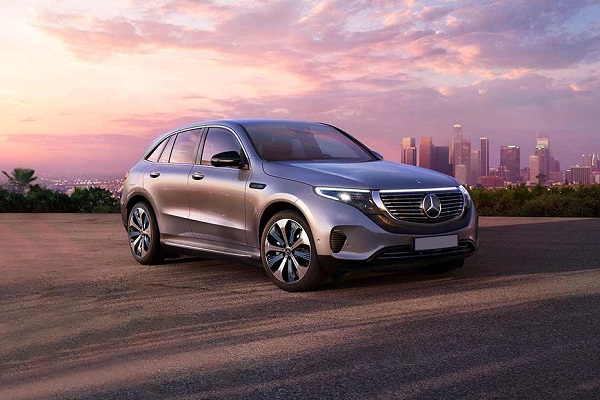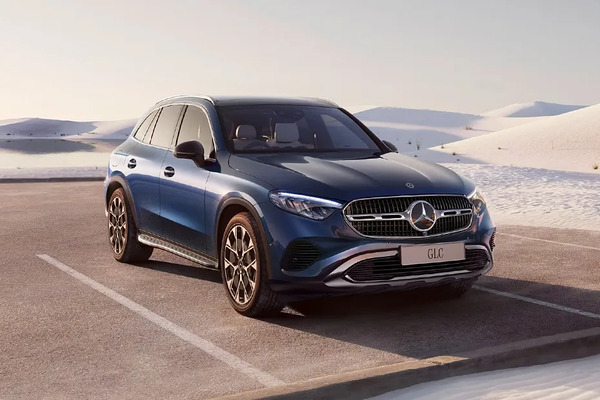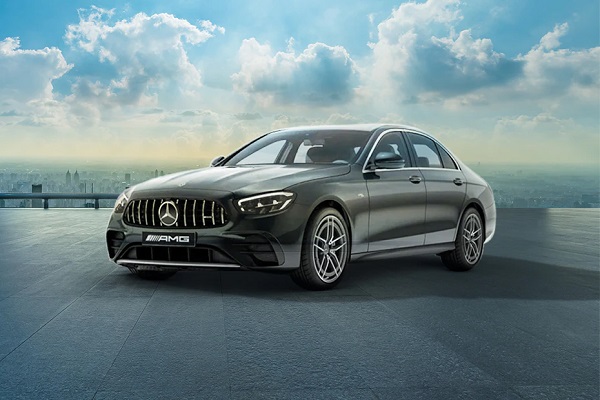Daimler Mercedes-Benz is stopping hydrogen car development. Here's why
- Mercedes-Benz has developed several GLC F-Cell vehicles but none were put up for sale.
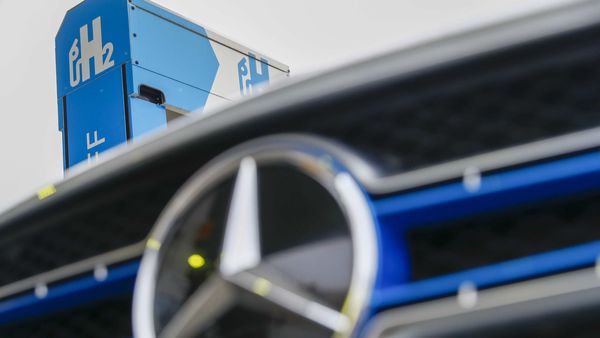

Daimler Mercedes-Benz has reportedly brought an end to its work on vehicles powered by hydrogen fuel cells after working on it for nearly 30 years. Vehicles powered by hydrogen fuel cells claim to have superior range and faster fill time compared to their electric counterparts but it has not been made commercially viable by any automaker as yet.
According to a report in Automotive News Europr, Mercedes-Benz has now decided to bring an end to the work on GLC F-Cell because of the high costs involved. It has been highlighted that a car powered by hydrogen fuel cells is almost twice is expensive to build as a car powered by electric battery. This means that pricing of the former could well make most steer clear.
Also check these Cars
Mercedes-Benz has developed several GLC F-Cell vehicles but none were put up for sale. The biggest question for not just the company but for all others involved in developing this technology has been on how to keep the costs down.
Other than the price factor, there are numerous benefits of such vehicles which has prompted others like BMW, Honda, Toyota and Hyundai to work on this technology which promises only water vapour as emissions.
Daimler, however, recently tied up with Volvo to establish a joint venture to develop and produce fuel cell systems for heavy vehicles. Associated Press reported that Daimler Truck will put all its current fuel cell activities into the joint venture, and the Volvo Group will buy a 50% stake in the venture for around 600 million euros ($652 million). The joint venture will be independent and autonomous, with Daimler Truck and Volvo continuing to compete in all other business areas, the companies said. (Full report here)







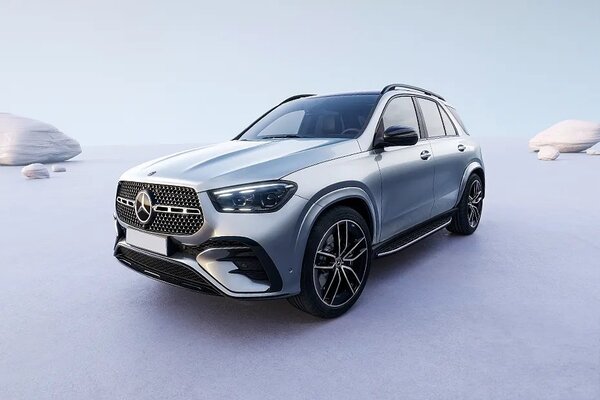
 2999 cc
2999 cc Multiple
Multiple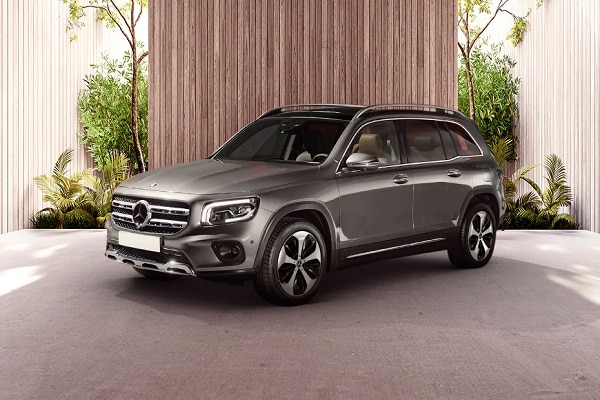
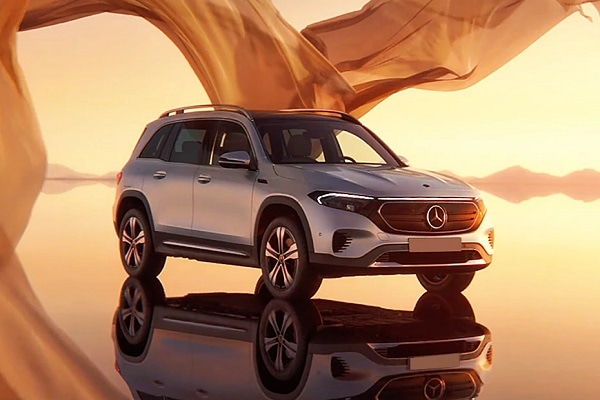
 66.4kWh
66.4kWh 423 km
423 km